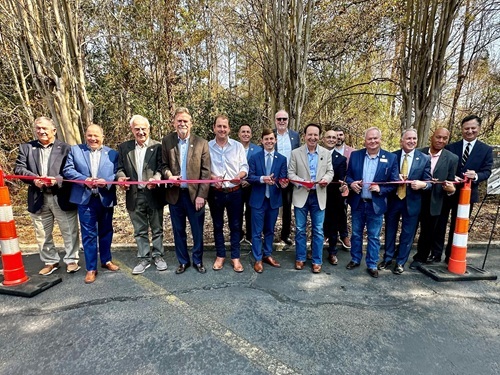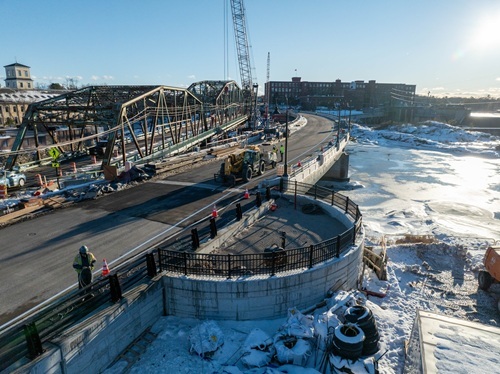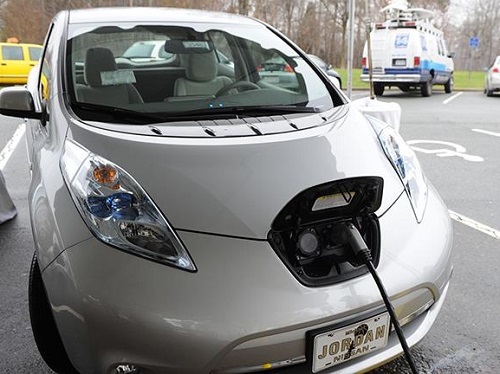The North Carolina Department of Transportation recently released the finalized version of its North Carolina Clean Transportation Plan, outlining a roadmap to continue growing the state’s clean energy economy while reducing greenhouse gas or GHG emissions and investing in cleaner and more accessible transportation options for state residents.
[Above photo by NCDOT]
The NCDOT said it worked with more than 220 stakeholders for more than a year to develop this draft plan – mandated by Governor Roy Cooper (D) via Executive Order 246 issued January 2022 – which explores strategies to advance clean transportation investments and workforce development statewide.

Those stakeholders included local, state and regional agencies, transportation providers, social justice groups, colleges, communities, environmental groups, and utility companies. NCDOT also hosted six open house meetings to both educate residents about the plan and to give them a forum to provide feedback. The public also submitted feedback online about the plan via NCDOT’s website through March 15.
The finalized plan calls for NCDOT to create a “clean transportation team” that will work with an interagency task force and external work groups to promote greater access to zero- and low-emission vehicles and electric charging stations and seek out funding to support alternative modes of transportation such as public transit, rail, bicycle, pedestrian and other non-motorized options.
Among the other strategies to be implemented, the team and the work groups will also advocate for reducing vehicle miles traveled with greater emphasis on clean transportation options.

“We envision a transportation system that works well for everyone, where those with limitations and barriers have equal access and greater mobility,” said NCDOT Secretary Eric Boyette in a statement.
[Editor’s note: Boyette elaborated on NCDOT’s clean transportation vision during a knowledge session in March held at the 2023 Washington Briefing, held by the American Association of State Highway and Transportation Officials in Washington, D.C.]
“In order to achieve this vision, we need to continue to partner with our communities to develop clean transportation options that are safe, easy-to-use, and available to meet peoples’ daily demands,” he added. “But it will take buy-in and collaboration from all stakeholders across the public and private sectors to make these strategies work for North Carolina.”
 States
States
Louisiana Celebrates Completion of $30M Bridge Project
February 20, 2026 States
States

